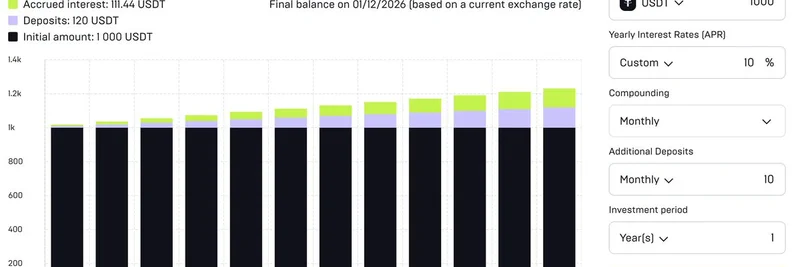In the ever-evolving world of cryptocurrency, big news dropped recently that's got the community buzzing. The Commodity Futures Trading Commission (CFTC), the US regulator overseeing futures and options markets, is reportedly creating a pathway for American citizens to trade on offshore exchanges like Binance, Bybit, and OKX. This comes from a post by Tree News, a decentralized news aggregator, which was then commented on by crypto enthusiast @basedkarbon on X (formerly Twitter).
@basedkarbon's take? It's all about making tax compliance easier. Instead of banning these platforms and watching people use VPNs to sneak around restrictions, why not allow access and directly get user data from the exchanges? As they put it: "From a tax compliance perspective, it is infinitely easier to just say 'offshore exchanges are allowed' and then pressure the exchange directly for US customer data instead of trying to prohibit it and having people skirt the laws and not pay taxes on it." They note that the US already does this with domestic exchanges, so extending it makes sense.
For those new to the scene, offshore exchanges are crypto trading platforms based outside the US, often offering a wider range of assets and features without the strict KYC (Know Your Customer) rules that US-based ones like Coinbase enforce. However, US regulators have historically restricted access to prevent money laundering and protect investors. Meme tokens—those fun, community-driven cryptocurrencies like Dogecoin or newer ones on chains like Solana—thrive on these platforms because they're quick to list viral projects.
This potential shift could be a game-changer for meme token traders in the US. Imagine legally accessing perpetual futures (perps) on Bybit for your favorite dog-themed coin without worrying about geo-blocks. Perps are derivative contracts that let you bet on price movements without owning the asset, popular for high-leverage trading in memes. With easier access, we might see more liquidity flowing into meme markets, potentially stabilizing prices or sparking new pumps.
But it's not just about trading freedom; tax implications are huge. Currently, many US traders use offshore accounts anonymously, making it hard for the IRS to track gains. If this pathway includes data-sharing agreements, it could mean automatic reporting, similar to how banks share info. That might encourage more honest declarations and reduce the risk of audits for crypto holders.
Of course, details are still emerging. The CFTC has been ramping up crypto oversight, with recent initiatives on spot trading and surveillance tech. This move aligns with broader efforts to integrate digital assets into regulated markets, as seen in their August 2025 press releases on enhanced market oversight.
For meme insiders, keep an eye on how this affects token listings and community sentiment. Will it lead to more US participation in meme launches? Or could stricter oversight dampen the wild west vibe that makes memes exciting? One thing's for sure: the crypto landscape is getting a regulatory facelift, and meme tokens might just come out stronger.
Stay tuned to Meme Insider for more updates on how regulations shape the meme token ecosystem. If you're diving into memes, remember to DYOR (Do Your Own Research) and trade responsibly.

